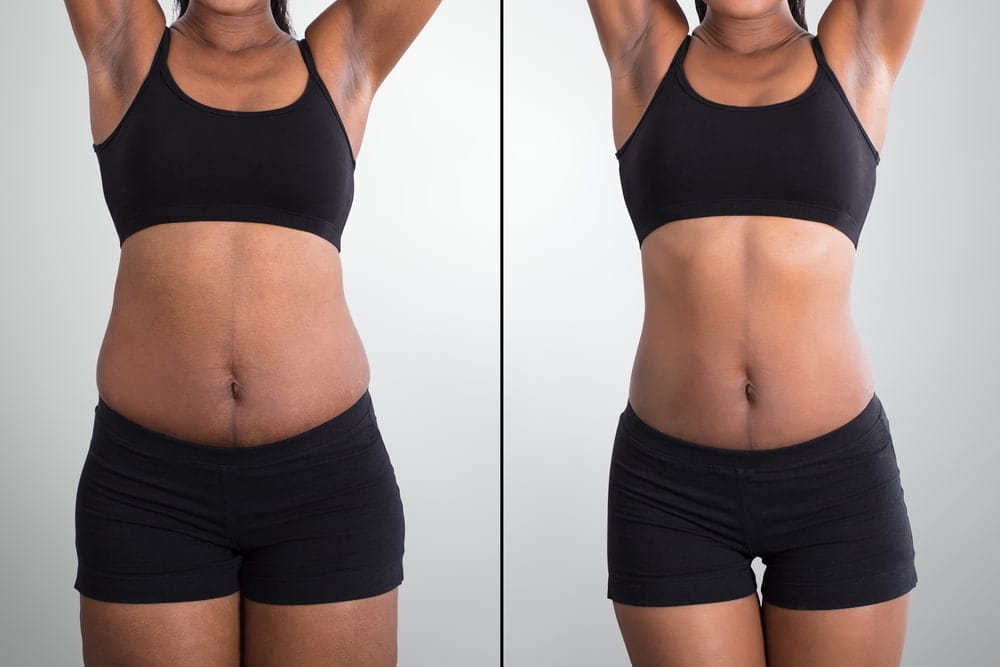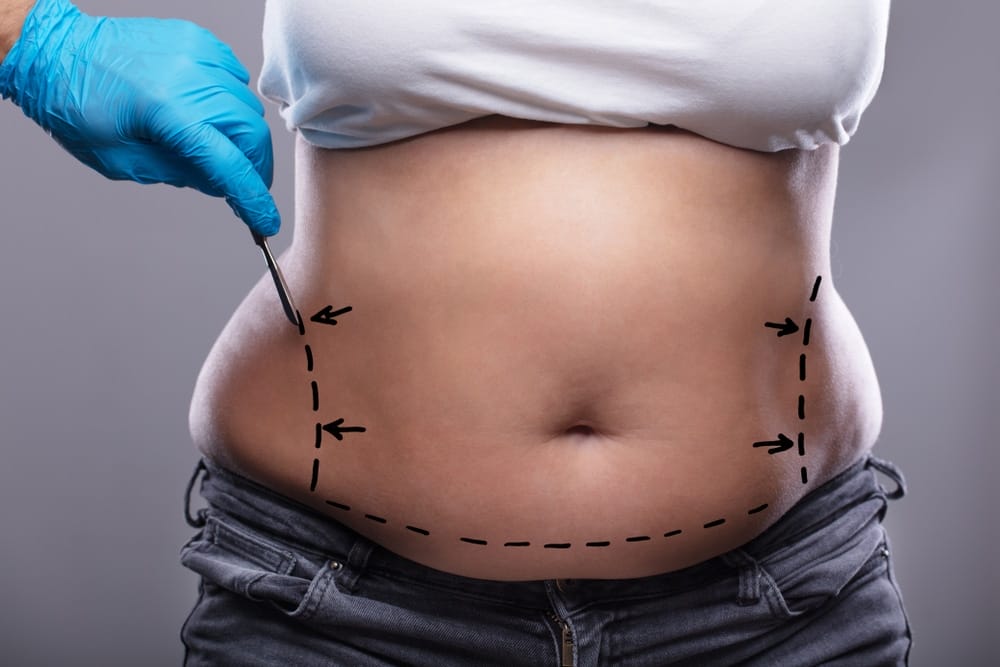- Clinique
- Médecine
- Dermatologie
- Chirurgie
- soins signatures
- Tarifs
Découvrez nos offres sur-mesure en chirurgie esthétique Votre séjour en chirurgie
The advantages: The result is spectacular and the muscles are retightened.
What is abdominoplasty? It involves the ablation of the damaged, distended skin in the abdominal wall.
The purpose of such an operation is to remove the most damaged (distended, scarred or stretched skin or retighten the peripheral healthy skin.
It may be combined at the same time with the treatment of any excess fat found by liposuction and the treatment of lesions of the underlying abdominal muscles (diastasis, hernia).
The purpose of such an operation is to remove the most damaged (distended, scarred or stretched) skin and retighten the healthy peripheral skin.
An unsightly abdominal wall is often the source of complexes that are difficult to tolerate.
Surgery in this region has changed radically since the advent of liposuction, which considerably reduces the scars and consequences of a major operation.
This operation employs only one technique in all cases. It requires a detailed analysis of the lesions and the consideration of various elements such as: cutaneous characteristics, volume of fat to be removed, condition of the waistband and morphology of the patients operated on. The procedure is then adapted to each case.
Two possibilities are offered to patients for any request for surgery on the abdominal wall: abdominal liposuction carried out in isolation, or abdominoplasty.
ABDOMINAL LIPOSUCTION
If the skin shows numerous lesions and is highly distended (stretch marks, scars), liposuction alone is insufficient and an abdominoplasty is more appropriate in that case.


The purpose of this operation is to remove unsightly skin (distension, stretch marks, scars) and to pull the intact skin around it.
During this operation liposuction may also be performed to eliminate the local excess fat and treat the damaged lower muscles of the waistband (diastasis, hernia).
EXTENDED ABDOMINOPLASTY:
The most common type of abdominoplasty is conducted as follows: according to a programme adapted to the lesions, the surgeon proceeds to ablate a continuous section of skin covering all or some of the area located between the navel and pubis.
The upper part of the skin which is not damaged, generally located above the navel, is pulled downwards, resulting in an abdominal wall consisting of attractive skin.
The lowered skin is incised to preserve and reposition the navel normally.
Depending on the location and quantity of the damaged skin ablated, the operation will leave a residual scar that will vary in size and visibility.
Generally speaking, this scar will start at a point above the pubic hair and may extend as far as the folds of the groin. The length of the scar is predictable and the patient must have this clearly explained to him/her before the operation.
Depending on the cases and under certain conditions, the medical insurance policy may cover this operation.
Localised abdominoplasty may sometimes be considered in the case of minor lesions. The residual scar will then be smaller.
In this case the medical insurance policy will not cover the operation.
A consultation with the anaesthetist is planned two days before the operation at the latest.
A preoperative assessment is carried out beforehand to check that no contraindication will impair the operation.
To avoid any healing problem it is recommended that the patient stop smoking at least one month before and one month after the operation.
If oral contraception is being used the patient may be asked to stop taking it to eliminate any risks, particularly in the case of blood circulation and coagulation disorders or obesity.
It is strictly forbidden to take drugs containing aspirin for the ten days preceding the operation.
A general anaesthetic is almost always necessary for an abdominoplasty: the patient is asleep throughout the operation.
One to five days hospitalisation are normally required.